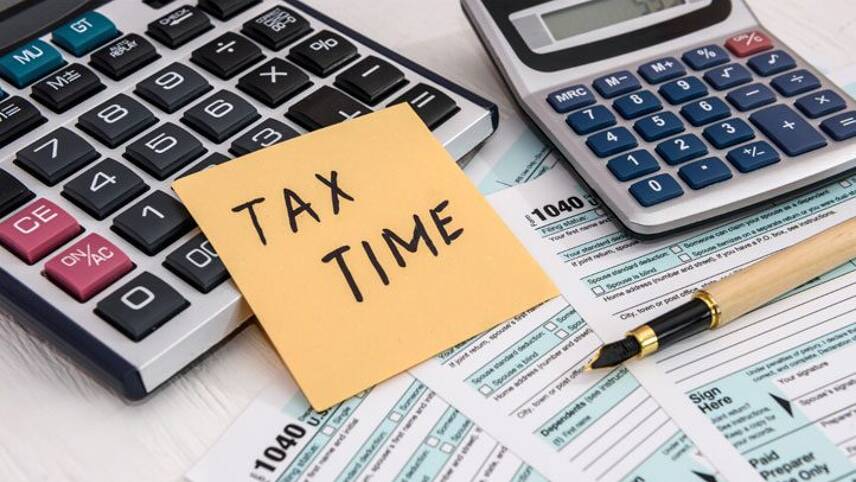Register for free and continue reading
Join our growing army of changemakers and get unlimited access to our premium content

The analysis comes after the recent 'tax day' provided few climate-related announcements
Produced by multinational professional services and law firm Pinsent Masons, the analysis reveals that £41bn was collected in so-called ‘green taxes’ during the last financial year. Taxes covered include those designed to penalise high-carbon behaviours, like Air Passenger Duty, and those designed to deter damage to nature, such as the Landfill Tax. £41bn was equivalent to just 6% of all tax revenue collected during the 12-month period.
Pinsent Masons compares this data to previous years. While more was collected for ‘green’ taxes in absolute terms in 2020 than in 2009, the proportion has actually fallen from 8%.
As well as looking at green ‘sticks’, the analysis assesses green ‘carrots’, charting tax breaks designed to incentivise more environmentally friendly actions such as switching to electric vehicles (EVs) and installing renewable electricity generation capacity. It finds that progress here is even worse than with penalties; just £2.9bn of ‘green’ tax breaks were provided last financial year.
Pinsent Masons’ head of tax Jason Collins said the Government will find it “significantly harder…over time” to reach its 2050 net-zero target without a “wholesale change” in tax policy.
“The statistics suggest that far from making progress in using tax policy to reduce polluting activity, the UK has been going backwards,” Collins explained.
“The Government needs to address the imbalance between taxes and tax reliefs to not only penalise polluters but reward businesses that invest in green technology to get the UK closer to carbon neutrality.”
Mixed messages
Aside from the overall quantitative data, the Pinsent Masons analysis points to several recent tax choices that have attracted criticism across the green economy.
These include a proposed reduction in Air Passenger Duty rates; a reduction in the amount that each individual motorist can claim for EV grants and slow progress in providing details on the UK’s post-Brexit emissions trading scheme (ETS).
Also flagged was Chancellor Rishi Sunak’s 2021 Budget decision to introduce a ‘super incentive’ for capital investment. Under this scheme. Also known as the ‘super deduction’ scheme, the tax break allows companies to deduct 130% of the cost of qualifying investments from their taxable profits. Pinsent Masons has argued that eligibility rules could have been more heavily geared towards low-carbon technologies.
The Government has faced increasing pressure to align its tax policy with net-zero since the Budget speech. Criticism is coming from MPs as well as green groups; a recent report from the Public Accounts Committee (PAC) stated that the Government has a “very limited view of the role of tax” in delivering climate targets – both by incentivising low-carbon processes and technologies and making high-carbon behaviour from businesses and individuals more expensive. MPs on the PAC heard evidence that little progress has been made in this field since 2011.
With the UK still embarking on its roadmap out of lockdown, the Treasury may well make more ‘Tax Day’ announcements later in the year.
Sarah George


Please login or Register to leave a comment.